Mauritius held a parliamentary election on Sunday, with Prime Minister Pravind Kumar Jugnauth and his main opposition challengers focusing on solutions to the rising cost of living. Polling began early in the day and was set to conclude by late afternoon.
With a population of 1.3 million, Mauritius benefits economically from its positioning between Africa and Asia, with key revenues coming from offshore finance, tourism, and textiles. While the nation expects 6.5% economic growth this year, many citizens still feel financial strain. Jugnauth's Alliance Lepep coalition has pledged measures such as raising minimum wages, increasing pensions, and reducing value-added tax on essential items. Additionally, they plan to utilize funds from a recent agreement with the UK regarding the Chagos Islands and continue receiving aid from China.
The opposition, mainly led by the Alliance du Changement coalition and the Linion Reform alliance, has similar promises, focusing on pensions, free transport and internet, and lowering fuel prices. They aim to attract younger voters interested in economic innovation and job creation. Voter turnout is expected to be high, with over a million people choosing lawmakers for the 62 parliamentary seats.
Last week, Jugnauth's government briefly blocked social media access due to national security concerns, following leaks of conversations involving public figures. The ban was lifted a day later after facing backlash from opposition parties. The winning party or coalition securing more than half of parliament's seats will assume the prime minister's office.



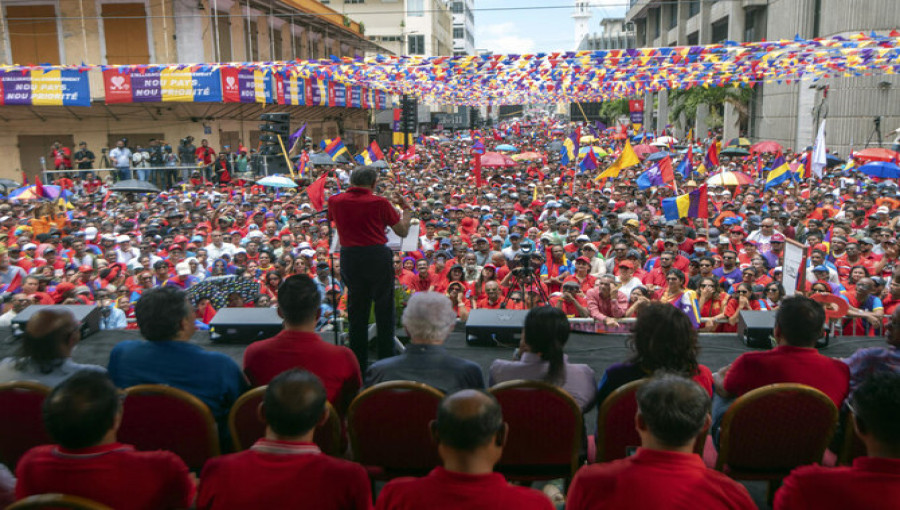
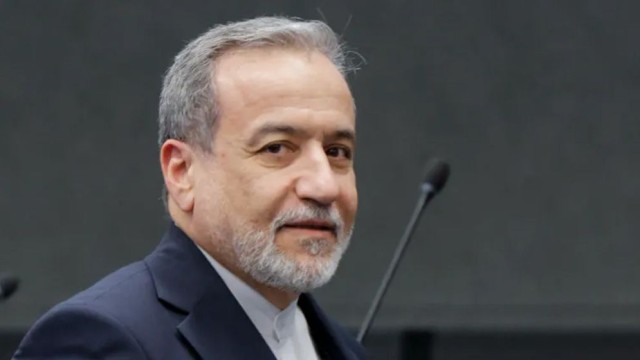
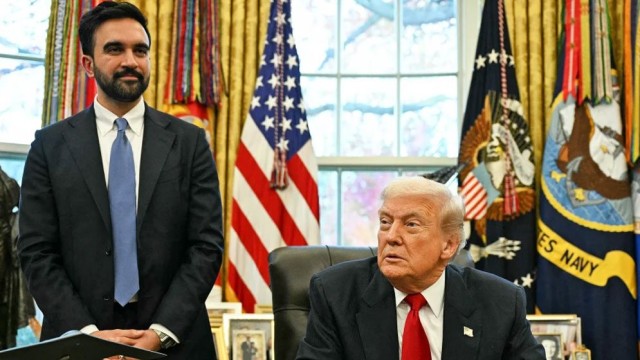
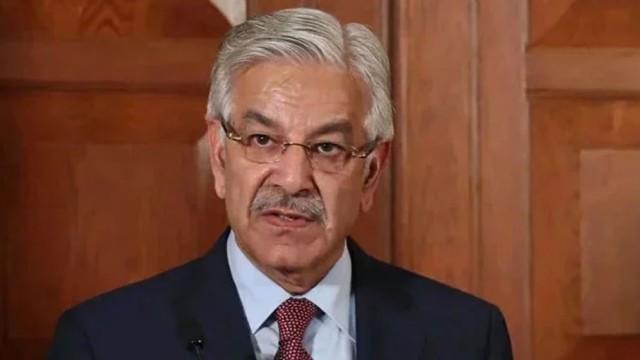
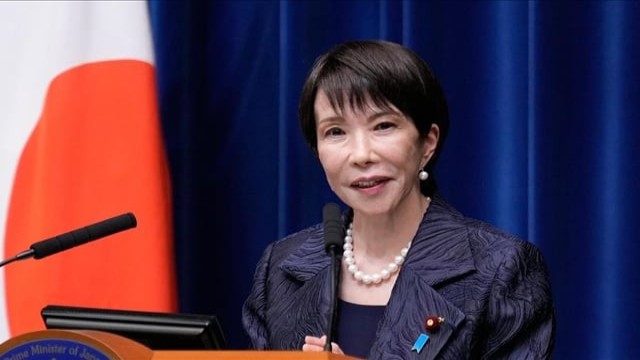
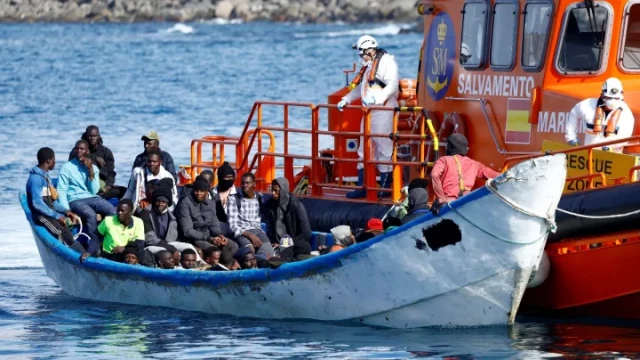
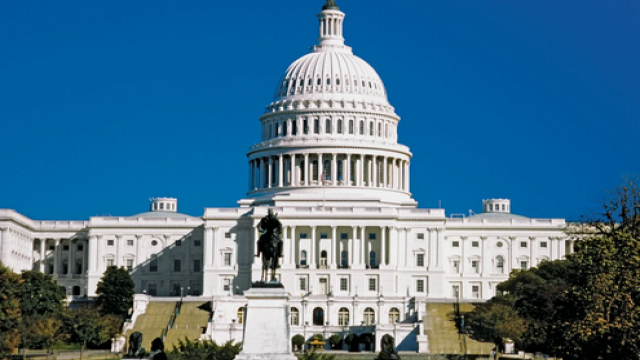


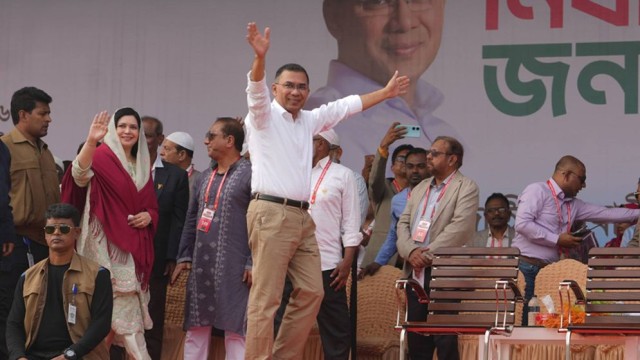

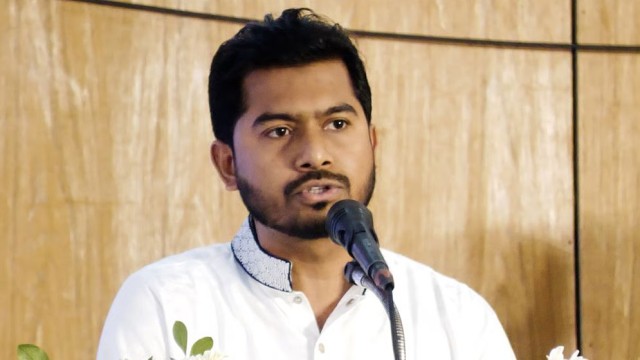
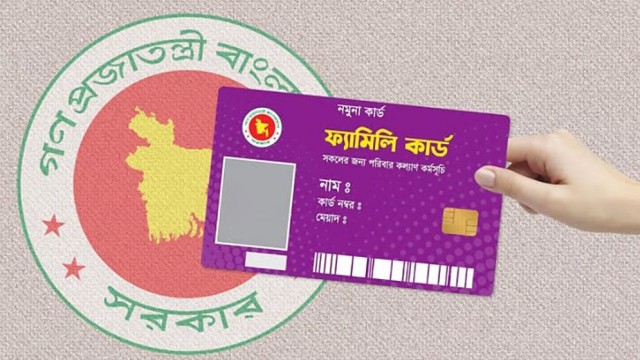
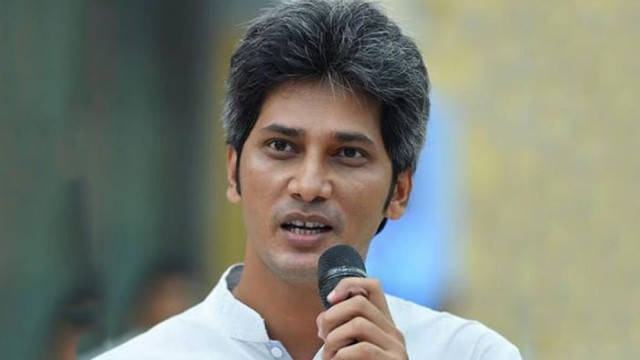

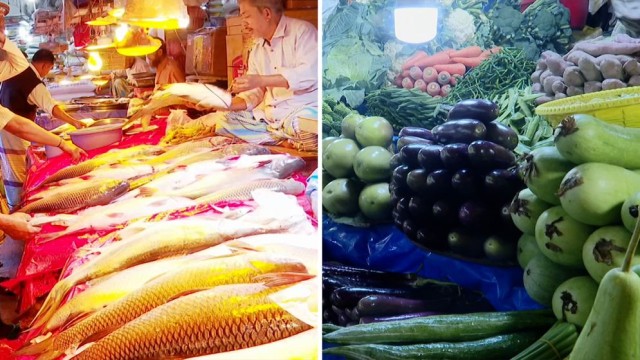








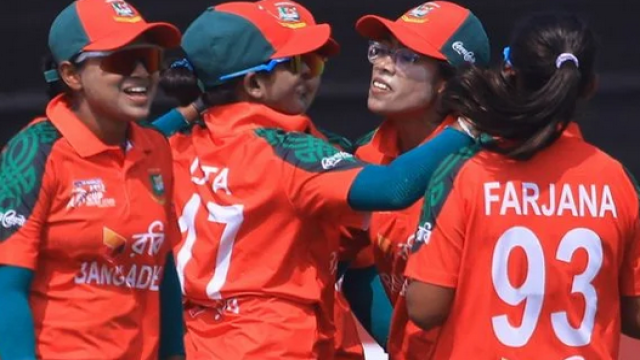
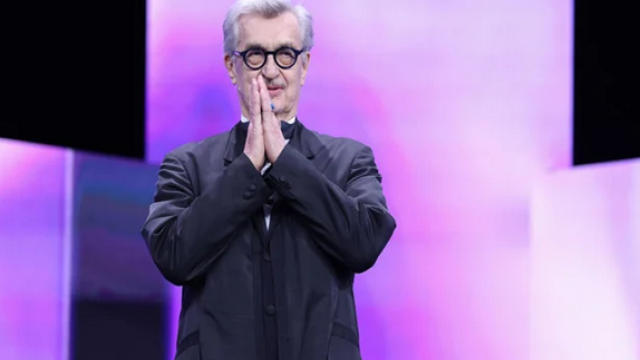


Comment: